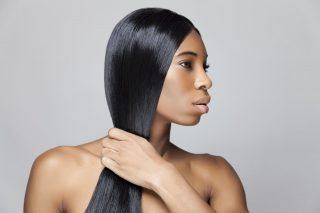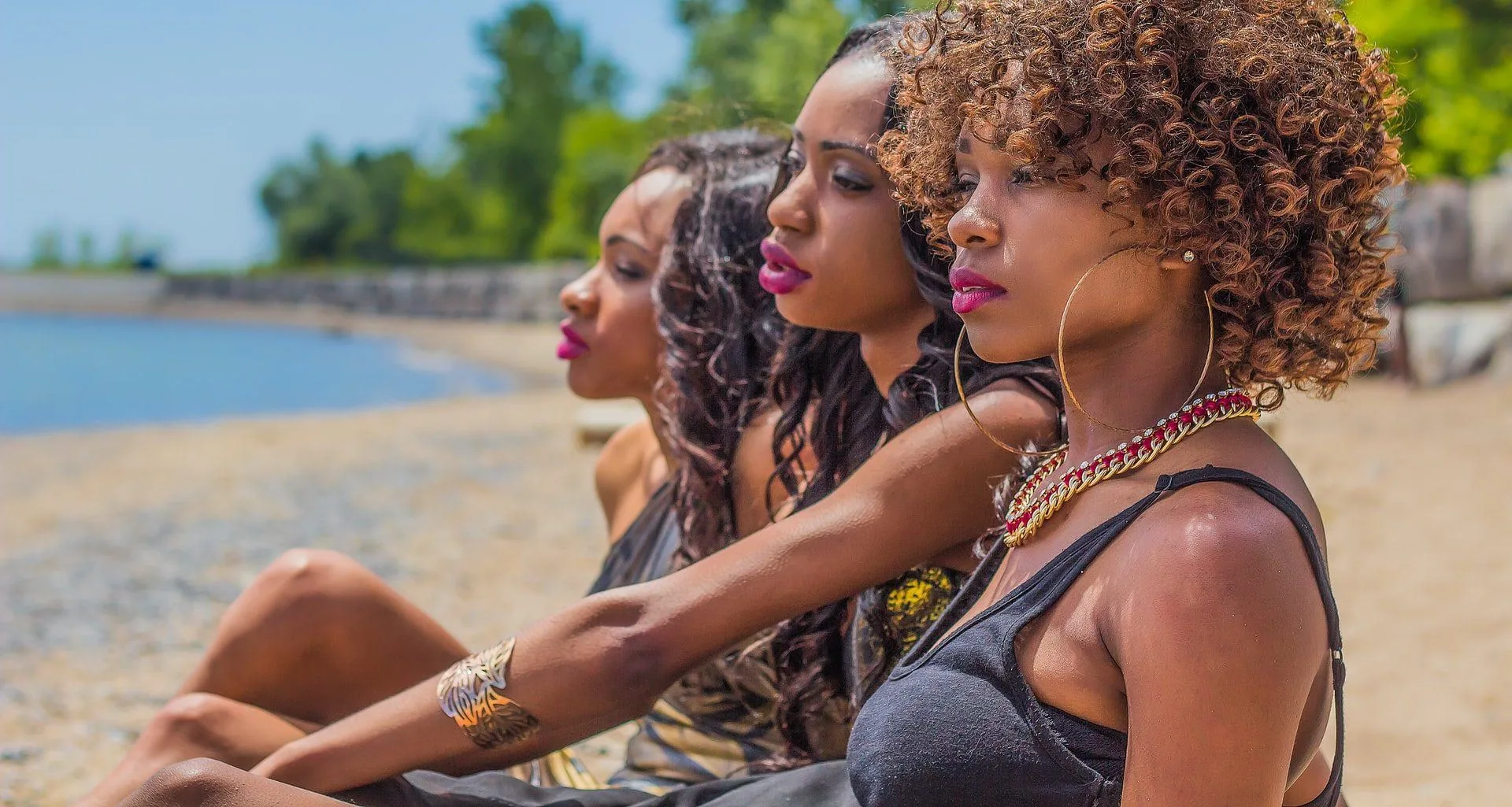According to the United Nations, the national demand for hair extensions and wigs is increasing again in South Africa. With 2017 as a reference year, the demand for hair was $39.6 million (purchasing price). This dropped to $33.5 million in 2018 to even lower demand in 2019 ($30.4 million). However, there in 2020, there was a 6 million increase. This then made 2020 a top year with domestic demand of hair in South Africa.
That’s in large part due to the work of a handful of black women, looking to not only disrupt — but also improve — the market by introducing quality hair in a range of textures.
In The Business of Health this week, Gisele Wertheim Aymes spoke to Maureen Sibanda Co-founder of Wukina, South Africa’s first hair networking company, which empowers women to earn an income by selling high-quality Brazilian and Peruvian wigs from home.
Wukina – Changing the South African Hair Industry

And-One/Shutterstock
The business model is based on a commission incentive: Wukina’s members earn 20% on every sale they make to their customers, providing them with the opportunity to grow their own business while establishing an additional revenue stream.
“Wukina is SAs first networking, marketing company, that empowers women to sell Brazilian and Peruvian hair without a start-up cost. What this means is women register to become resellers just like Avon, Tupperware or Herbalife.
When they’re registered to become resellers, they get their own personalized URL name, which is basically a website in their own name, which has all the stock Wukina has to offer.”
Celebrity fashion trends are another major catalyst for the growth and popularity of wigs in the global market. The increasing efforts to improve physical appearance and a growing number of social media users create lucrative opportunities for businesses like Wukina. Leading consumers in the developed market to buy wigs and extensions made of high-end human hair. The increase in income levels is enabling consumers to increase expenses on personal grooming and beauty products.
Haircare during a pandemic
The arrival of Covid-19 disenchanted all of Sibanda’s best-laid plans for her promising young business.
“Just like any other company, Covid last year and this year has hit us hard and individuals really hard as well and because of that many people have shifted from buying wigs that would cost thousands and thousands of rands to the daily, affordable wigs.

Photo by Dushane white on Unsplash
People don’t have the money or access money to spend tons of amount on just a wig that they’re not going to wear, because they’re home all day and because of that a lot of women have started buying a lot of aftercare products to take care of their own natural hair at home because they’re forced not to go to salons.”
The business model of hair
Wukina’s business model involves working closely with resellers to help them establish their own entrepreneurial venture. As such, the business aims to empower and grow female entrepreneurs.
For South Africa, this means selling hair is a business with a bright future. It is clear that there is a clear growth in demand for hair extensions in Africa and especially South Africa.
Watch The Video
The video interview contains the full dialogue of this interview, and you can watch it below.





![women [longevity live]](https://longevitylive.com/wp-content/uploads/2020/01/photo-of-women-walking-down-the-street-1116984-100x100.jpg)









